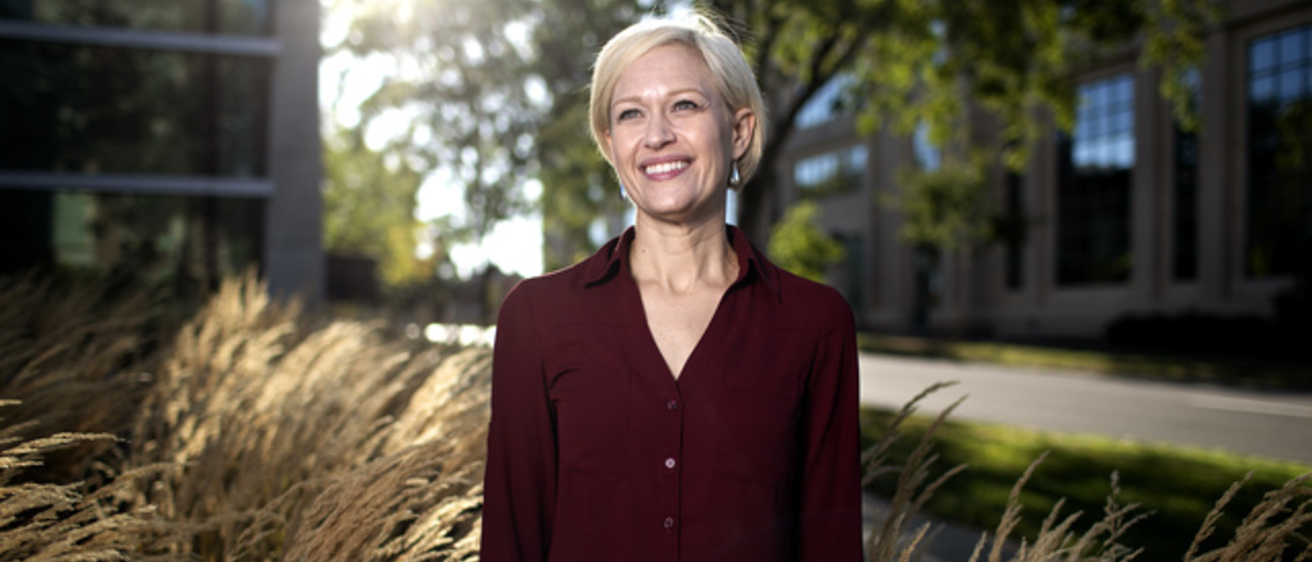When we talk about “therapy,” many people imagine an hour-long appointment in which they pour out their feelings. The investment of time and energy amid busy lives can feel overwhelming, and likely contributes to people not seeking therapy until they reach a point where something truly has to give.
Mental health services do not have to look a singular way. Part of my role as an embedded psychologist at the Tippie College of Business is helping people think proactively about their mental health needs and the needs of those around them. From a systems perspective, this can be developing policies that support emotional well-being and encourage help-seeking behavior. For individuals, it might include volunteering and engaging in the community, spending time with supportive friends, journaling, expressing gratitude, or practicing mindfulness by observing the present moment without judgment.
Sometimes small actions are enough to interrupt cycles that are no longer serving us. Many people turn reflexively to avoidance when they experience unwanted emotions. We can avoid with food, alcohol, Netflix, social media, overwork, or even by focusing on friends’ concerns rather than our own. This type of coping has limitations in that it does not change our relationship with whatever contributed to our distress in the first place. Cultivating mindfulness can help interrupt maladaptive cycles and assist us in evaluating whether our actions are in service of our goals and needs.
I find practicing psychotherapy with clients to be deeply rewarding, and yet it is not lost on me that many clients’ presenting concerns are reactions to the environment around them. What if we built systems that value and support mental health? I can only imagine the gains in engagement, productivity, and well-being that would result.
Kristin Wurster joined the college in March 2020 as an embedded psychologist serving Tippie students. This article first appeared in the winter 2021 issue of Tippie Magazine.
DYK: Depression and anxiety are estimated to cost the global economy $1 trillion per year in lost worker productivity according to research from the World Health Organization.
